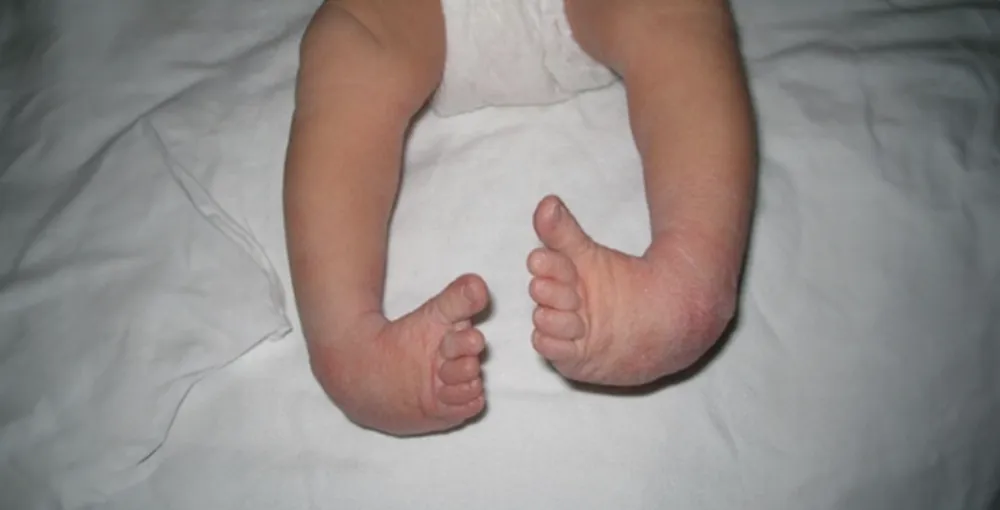As Nigeria joins the rest of the world to mark World Clubfoot Day, leading health advocates are sounding the alarm over the country’s growing burden of untreated clubfoot, an easily correctable birth defect that continues to affect thousands of children every year.
Each year, around 200,000 babies are born globally with clubfoot, with over 90% of cases occurring in low- and middle-income countries. In Nigeria alone, more than 10,000 children are born annually with the condition, yet a large percentage of them remain untreated, facing lifelong disability, stigma, and the possibility of falling into extreme poverty.
Clubfoot, medically known as congenital talipes equinovarus, causes one or both feet to twist inward and downward. The condition is highly treatable, up to 95% of cases can be corrected using the Ponseti method, a non-surgical and cost-effective technique. Yet, access to timely treatment in Nigeria remains limited, particularly in rural and underserved areas.
Since 2018, nonprofit organization MiracleFeet has partnered with local Nigerian groups to combat the crisis. Together, they have established over 70 free treatment clinics across 30 states, helping more than 6,000 children access life-changing care.
Related Articles:
- WHO, TY Danjuma Foundation finalizes $2.26m pact to enhance Nigeria’s health system
- How Drones are revolutionizing Crop health monitoring in Nigeria – AgroNigeria
- Ebonyi enrolls 137,133 under health insurance scheme
These gains have been made possible through collaboration with five dedicated local organizations: The Straight Child Foundation (TSCF), Health and Development Support Programme (HANDS), Positive Care and Development Foundation (PCDF), Women and Children Health Empowerment Foundation (WACHEF), and PLAN Health Advocacy and Development Foundation (PLAN Foundation).
MiracleFeet’s model emphasizes strengthening Nigeria’s public health system by training healthcare workers, supplying braces and casting materials, and running community outreach programs, including parent-led support groups. The goal: to build a nationwide, sustainable solution to eliminate untreated clubfoot.
Speaking on the importance of World Clubfoot Day, Dr. Ekene Isiaku, Senior Program Field Officer and Country Representative for MiracleFeet Nigeria, praised the progress made but said more must be done.
“We’ve shown what’s possible when civil society and healthcare providers work together. But to eliminate untreated clubfoot in Nigeria, we need bold, sustained government leadership at all levels,” Dr. Isiaku said.
She urged federal and state governments to establish clubfoot clinics in all public hospitals, deploy trained professionals across healthcare tiers, and integrate clubfoot care into maternal and child health programs, especially under Nigeria’s Universal Health Coverage (UHC) framework.
Dr. Isiaku also stressed the need to counter dangerous myths and misinformation that prevent early treatment.
“An informed society ensures no child is left behind because of a preventable condition,” she added.
Also speaking, Dr. Garba Danjuma, Founder and Chairman of WACHEF and Executive Secretary of the Taraba State Health Services Management Board, emphasized the urgency of expanding access.
“No child should live with a disability we know how to prevent. The Ponseti method works; it’s affordable, effective, and must be accessible in every part of Nigeria,” he said.
As Nigeria reflects on lives already transformed by early intervention, advocates say World Clubfoot Day should not be just another symbolic event. It must ignite renewed action, stronger partnerships, increased funding, and comprehensive national planning to ensure every Nigerian child has a chance to walk without pain, fear, or stigma.
